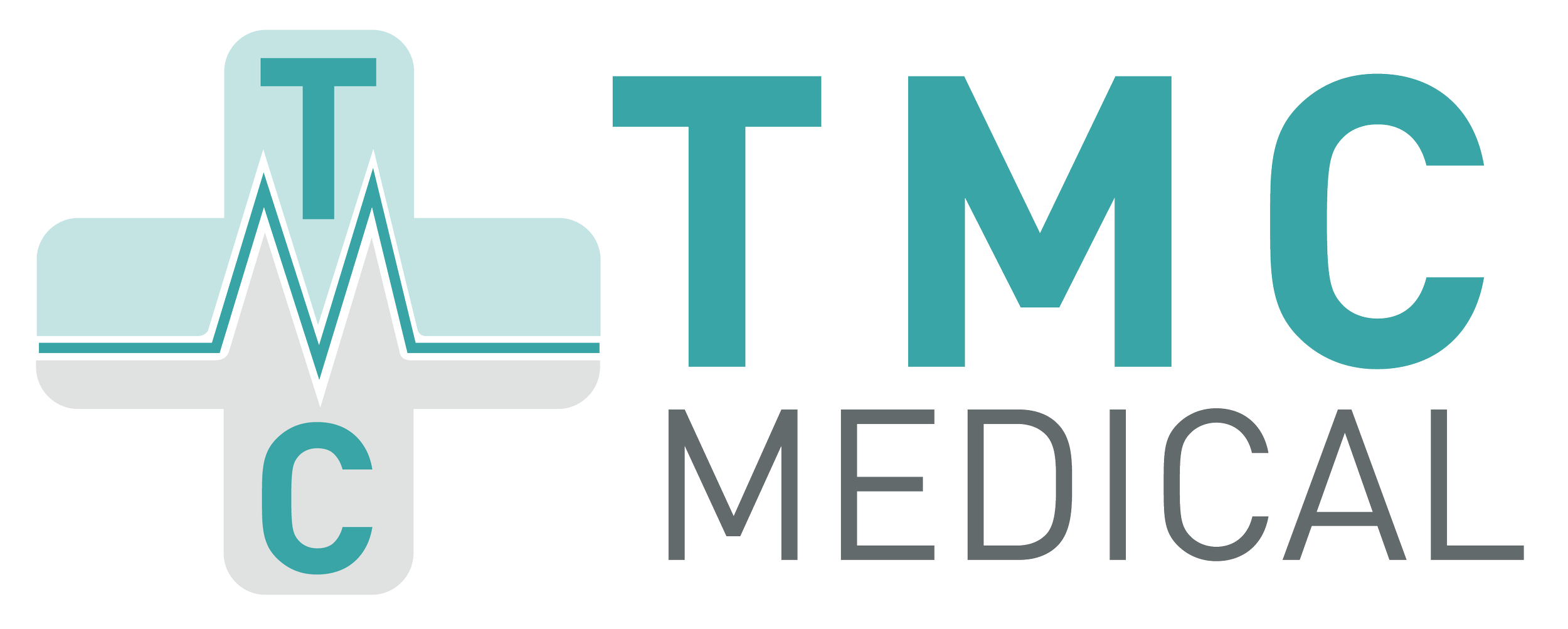Skin checks at TMC Medical
The Consultation
If this is your first consultation with us you will be asked about your general health. This will include questions about previous medical conditions, allergies, and regular medications and whether you know of any medical conditions any of your family members have that may be relevant to your own health.
The Examination
The doctor will then examine your skin. You will be asked to undress leaving your underwear on. The examination will include all of your skin. Please inform the doctor if you do not wish the skin covered by your underwear to be examined.
The doctor will use a dermoscopy camera to examine any spots they are concerned about. This may involve wetting the skin with an alcohol solution or gel.
Changes to look for:
Irregular shape
Blurred, fringed, or jagged edges/outer borders
Unusual colour e.g. dark brown, black-brown, red, grey white
If it has risen/elevated with an uneven surface
Also, be cautious about:
New moles
Growth, bigger or smaller in size, thickness, or height
Lighter, darker or different coloration
Bleeding
Unusual sensations like itchiness, burning to feel
Any changes to the surrounding area of the mole e.g. redness, white discoloration, or swelling.
Also, a reminder for women not to wear any make-up, nail polish, or moisturiser for skin checks, if you forget we have makeup wipes you can use.
Don’t worry about looking unkempt because natural beauty is on the inside and outside regardless and having a skin check helps to keep it that way
Risk factors that may contribute to Skin Cancer:
Do you have fair skin?
Is your skin more likely to burn rather than tan?
Do you have a lot of freckles?
Have light eye colour?
Have light colour or red hair?
Do you get a lot of sun exposure during your day?
Do you have multiple moles?
Is there a history of skin cancer in your family?
Have you been previously diagnosed with melanoma or other non-malignant skin cancers?
Have you noticed any changes in your moles?
Have you noticed any new moles on your body?
Did you have severe, blistering sunburns during childhood or adolescence?
Have you had chemotherapy or radiotherapy before?
Melanoma is often referred to as Australia’s national cancer. 1 in 17 Australians will be diagnosed with melanoma before the age of 85. It is the most common type of cancer in young Australians aged 15-39 and affects men more than women.
The good news is that melanoma can be identified at an early stage and a simple treatment can result in a complete cure!!



